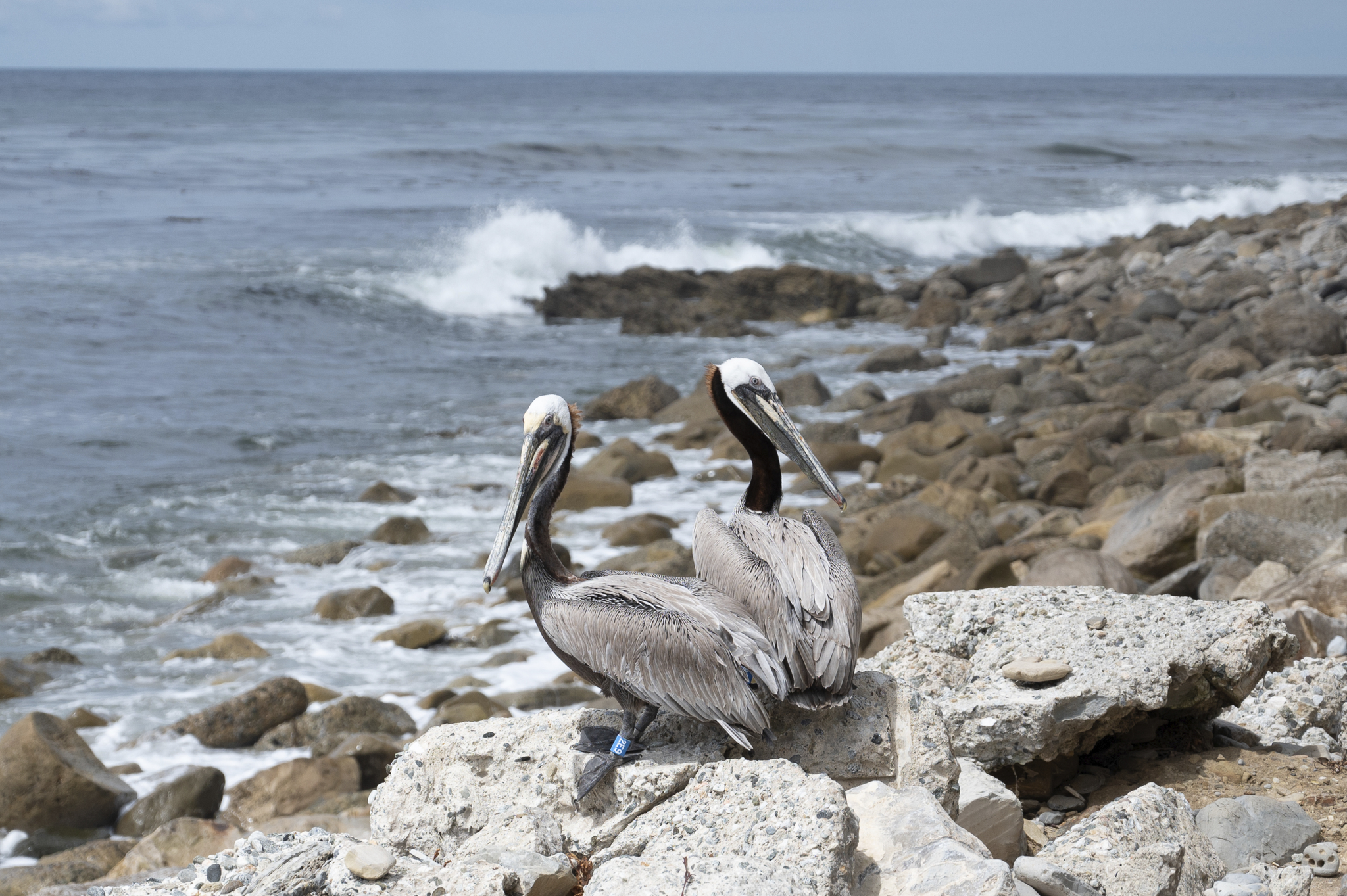I find myself sucked in, today, by the first person account of that British New York Times reporter, Stephen Farrell, whose rescue this week resulted in the death of his Afghan translator, a British soldier, and at least two civilians:
"We did what we had not dared do at such a late hour on Friday. We drove south of Kunduz along the main Kabul highway until we reached the turnoff.
I checked with Sultan and the driver to see if they felt safe going there, and they said it seemed all right. We edged along a narrow country lane and came out on the riverbank with the tankers a few hundred yards ahead."
This is a picture of Farrell and his translator, Sultan Munadi, 34, at work.

The angry accounts from outsiders of their thoughts on how Farrell put others' lives in danger by ignoring warnings drew me in. The UK Telegraph's "Army Anger as Soldier Killed Saving Journalist who Ignored Taliban Warnings" says:
Afghan police and intelligence officers repeatedly warned journalists including Mr Farrell that it was too dangerous to go to the site. Kunduz is a notorious Taliban northern stronghold and was one of the last holdouts of the regime when it was toppled in 2001.
While Mr Farrell, who was kidnapped in Iraq five years ago, and Mr Munadi were interviewing Afghans near the site of the bombing an elderly man warned them to leave as the Taliban were on their way.
But they stayed and shortly afterwards gunshots rang out and they were taken into captivity. Mr Munadi was working as a freelance during a break from his university studies in Germany.

You can see the grief on the faces of those gathered around the remains of translator Sultan Munadi. More from the Telegraph:

The dramatic rescue operation came in the early hours of Wednesday when a troop of Special Boat Service commandos supported by a company from the Special Forces Support Group left an American base in US helicopters. But the young British soldier died in the battle to the distress of his commanders.
One senior Army source said: “When you look at the number of warnings this person had it makes you really wonder whether he was worth rescuing, whether it was worth the cost of a soldier’s life. In the future special forces might think twice in a similar situation.”
Another military source said: “This reporter went to this area against the advice of the Afghan police. So thanks very much Stephen Farrell, your irresponsible act has led to the death of one of our boys.”
Local
Get Los Angeles's latest local news on crime, entertainment, weather, schools, COVID, cost of living and more. Here's your go-to source for today's LA news.
Farrell's account posted on the New York Times "At War" blog page is a fascinating read. Media Bistro writes, "Farrell's story is unique because many journalists that survive captivity seem too shaken to speak about their experiences, particularly in the first days after their release."
But does very little to make me, as a journalist (yes, a journalist who is safely stateside, in an easy job reading news in an air-conditioned studio) feel better about this story. It is heartbreaking to think that soldiers are putting their lives at risk -- and making the ultimate sacrifice -- to rescue journalists who "ignore warnings" and act in apparent recklessness. We, as journalists, feel a layer of protection when we've come up in the western world: yelling "Press!" or "Journalist!" makes us immune to the horrors going on around us. I believe Stephen Farrell, having covered war in such a context for so long and having been kidnapped once before in Iraq, can't plead naïveté.
But can he plead that we're fighting a war of our own -- a war of transparency, a fight for freedom of the press and bringing the real story to the world? Free speech and free press are cornerstones of democracy.
A few posting comments on the NY Times Blog speak to that:
It is heartbreaking to read what happened to Sultan, and I am very sorry about it. This story makes me incredibly grateful for the courage and tenacity of all those journalists who go into danger in order to report to the rest of us who sit safe at home. I cannot express my gratitude or my regret deeply enough - SteveInLA
God bless you, Mr. Farrell. You have been through hell and back. We grieve with you the death of Mr. Munadi, and acknowledge the supreme sacrifice of the British soldier who was killed - Jill
Oh, what a terrible and horrifying story. And worse, that it will live on in the author’s memory for the remainder of his life. I am grateful for journalists who venture to tell us the truth when there is so much propaganda on every side — but this cost is too high. I know we can’t ordain, in advance, which story will exact too high a price, and so have no solution, only sad gratitude - Dan Shapiro
Stephen Farrell is writing this mere hours after it happened, and sad gratitude is what we can get from his account, an account most certainly written through the haze of shock:
"It was over. Sultan was dead. He had died trying to help me, right up to the very last seconds of his life. There were some celebrations among the mainly British soldiers on the aircraft home, which soon fell silent. It later emerged that one of the rescue party was also dead, mortally wounded during the raid. His blood-soaked helmet was in front of me throughout the flight. I thanked everyone who was still alive to thank. It wasn’t, and never will be, enough."



